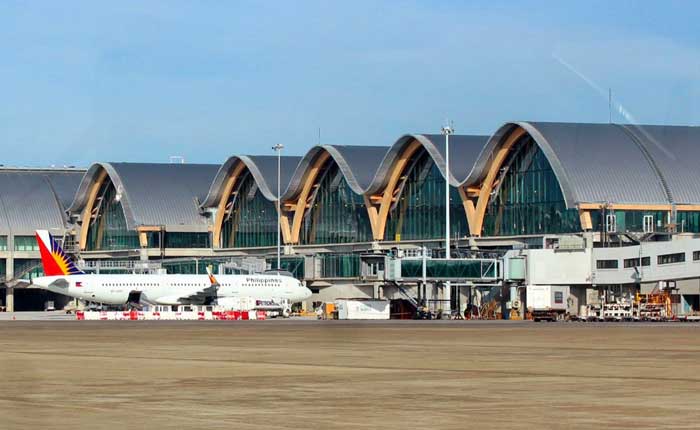Regardless of the change in administration, the Philippines has the conducive business environment that abides by the rules-based system required in trade agreements with its key markets, according to an official of the Department of Trade and Industry.
Noting the need to be consistent when joining free trade agreements (FTAs), Assistant Secretary Allan Gepty warned the failure or the delay in the accession to Regional Comprehensive Economic Partnership (RCEP) may send wrong signals to these trading partners.
Citing the recent passage of major economic reforms such as the amendments to the Retail Trade Liberalization Act, Foreign Investment Act, and the Public Service Act, Gepty said these laws signal that the Philippines is an open market for trade and investments and that there are more opportunities for foreign equity participation.
“Not joining the RCEP or delaying RCEP conveys an inconsistent signal to our trading partners and investors,” Gepty told a webinar hosted by the Economic Journalists Association of the Philippines yesterday.
In joining FTAs, Gepty said: “We are working under a rules- based system and our businesses, our investors are mindful of this. This is the primary reason why countries are very active in pushing for a very comprehensive economic partnership, not just for market access but mostly (because) we want to establish a conducive business environment with uniform and standard rules so that whenever there are changes (in the administration), they (investors, trading partners) know that the direction would still be consistent.”
Gepty said the Philippines has manifested its strong interest to join Comprehensive and Progressive Agreement for Transpacific Partnership to access markets with which it has no FTA as well as the the recently tabled Indo Pacific Economic Framework , as a jump-off towards an FTA with the United States.
Regionally, the Philippines has started hearings for the planned Asean-Canada FTA and is negotiating the upgrade of the Asean- Australia-New Zealand FTA.
Gepty said other Asean + 1 FTAs are also being considered for possible review or upgrade.
Bilateral FTAs under consideration are with South Korea and the United Arab Emirates.
“Our economy is well integrated in the global environment. The country’s trade policy direction is clear, thus, it is imperative upon us to be consistent in our actions and decisions, and pursue a stable and predictable economic partnership with our trading partners,” Gepty said.
According to Gepty, FTA provides preferential market access, and set standard rules and disciplines so that the conduct of business and trade will be stable, predictable, and conducive in the free trade area.
“Through an FTA, countries or economies agree to implement certain rules and procedures so that businesses will function in a more efficient manner. That is why a rules based system of international trade has always been the foundation of a resilient economy. Rules by their nature are good equalizer as they help level the playing field and ensure a fair business environment,” Gepty said.
At the bilateral level, the country has FTAs with Japan and the European Free Trade Association comprising of Iceland, Liechtenstein, Norway, and Switzerland. Under Asean, the Philippines has seven FTAs.





